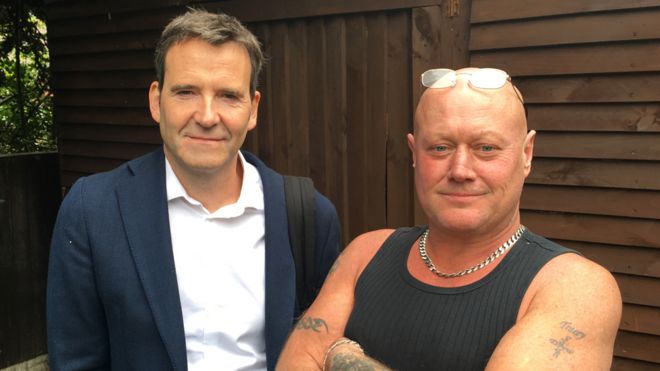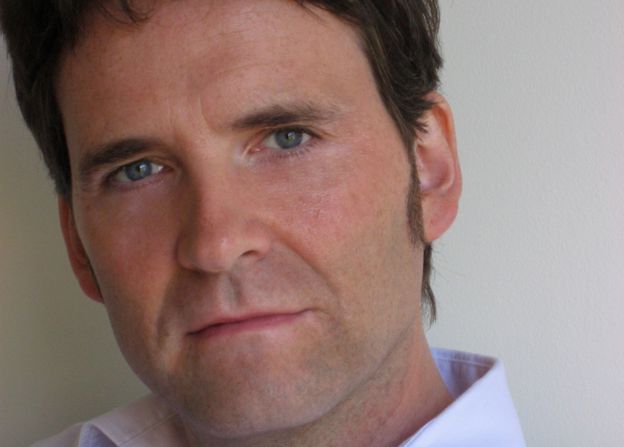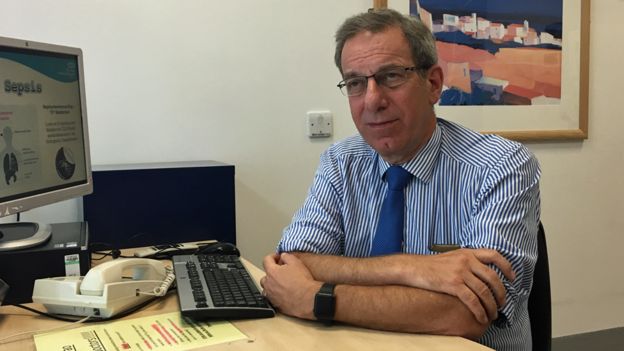Have they found a cure for our cancer?

When Simon Cox was first diagnosed with Chronic Lymphocytic Leukaemia (CLL) 13 years ago, he feared the worst. But now there are promising developments in the search for a cure. He meets patients taking part in a new trial.
Being told I had cancer wasn't the scary part. The compassionate female doctor explained that I had Chronic Lymphocytic Leukaemia (CLL). It is the most common form of leukaemia and in many patients it does not cause problems for decades, if at all.
Like most patients, I had no symptoms and I was diagnosed out of the blue, after a routine blood test. I would have to wait for a year to see whether the CLL was going to need treatment. The doctor said if I did, it would involve chemotherapy or bone marrow transplants.
CLL is a disease of the immune system. Lymphocytes are cells that fight infections and then die off, but with CLL they grow out of control and can't be switched off.
The kicker came a month later when I saw my hospital consultant. The room was bare and functional with flat light coming in from a small window. The consultant sat behind a desk as he looked through my first set of blood tests. He asked if I was planning to have more children. When I said "Yes", he said I might need to re-think that - because I might not be around to see them grow up.
I mentioned the treatment options such as bone marrow transplants. He said there was a high probability of the transplant failing, and that my internal organs would collapse. He made it clear to me that CLL was incurable.
I was 37, with a wife and young daughter and thought I would die before I was 40. I clung to my wife's hand and began to cry. The doctor responded by dictating a letter repeating the grim prognosis he had just told me. I later found out his gloomy predictions had earned him the nickname "Dr Death".

Luckily for me he was wrong. Thirteen years on, I have two daughters and I haven't needed any treatment - my prognosis is very good. But that's not the case for many patients.
At my annual check-up my subsequent consultant, Prof Amit Nathwani, told me about the amazing developments in CLL treatment and a possible cure. This led me at the start of 2017 to St James's Hospital in Leeds, to meet Peter Hillmen, Professor of Experimental haematology. Tall and rangy, with flecks of grey in his dark hair, Prof Hillmen is on a mission to find a cure for my type of cancer. In his warm Yorkshire accent, he told me about a trial he was conducting that could be the breakthrough.

When Prof Hillmen first became a consultant haematologist two decades ago there was only one chemotherapy treatment available, which had been around since the 1950s. If it failed, there was little hope he could offer.
"I've sat in front of patients for over 20 years who I know are going to die of CLL, and as a doctor that's really hard," he says. He hopes his new trial will mean having far fewer of these conversations.
Comments
Post a Comment